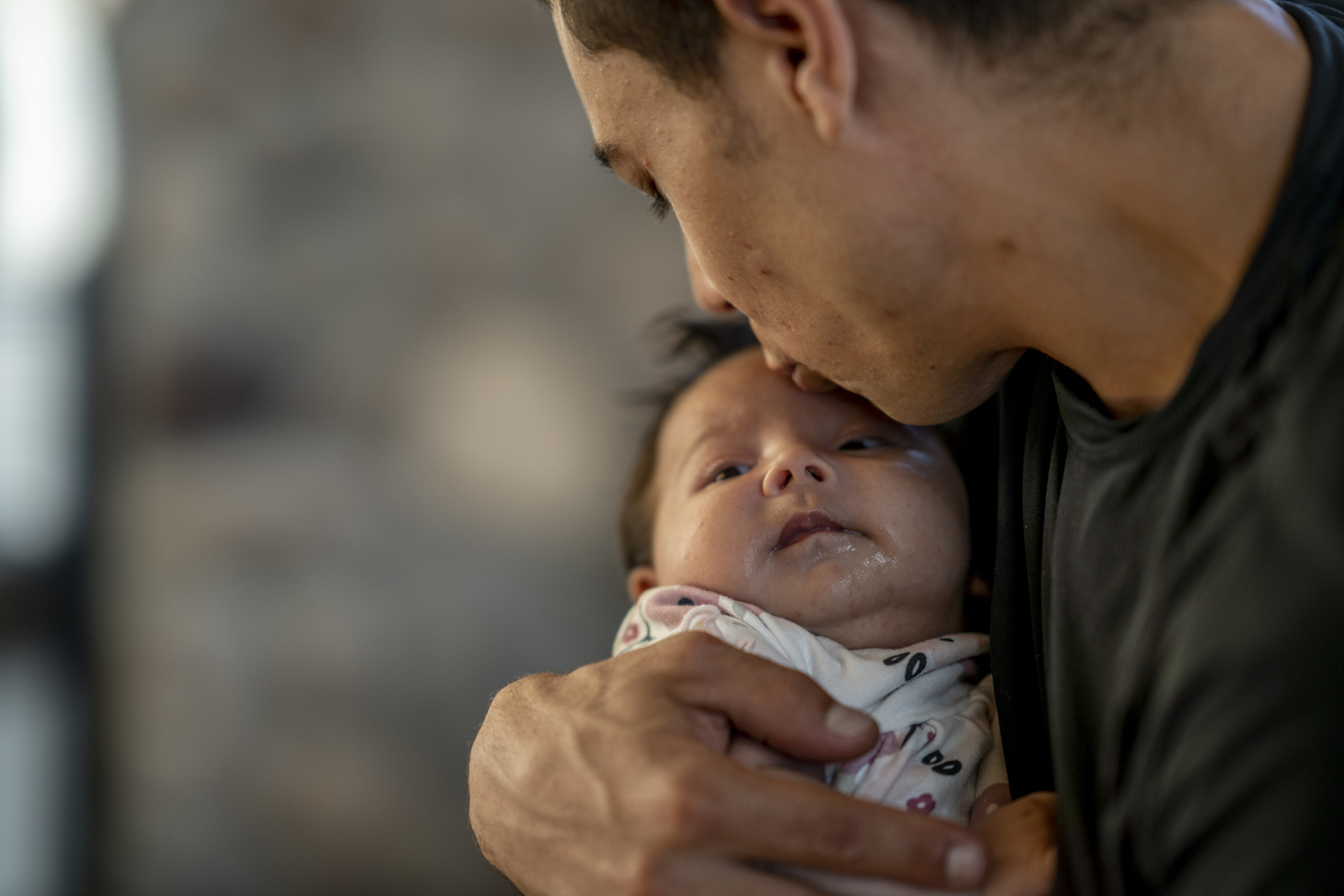Breast milk and chest milk are medicine.
Every year from August 8 through the 14 the First Nations Health Authority (FNHA) marks Indigenous Milk Medicine Week. Led by the Indigenous Milk Medicine Collective, Indigenous Milk Medicine Week makes space to celebrate Indigenous life-givers and their unique milk-feeding experiences, honour life-giving, breastfeeding and chestfeeding as inspiring powers and testaments to the strength of the human body.
This year's theme is “Mind, Body, Milk Medicine." And to honour Indigenous Milk Medicine Week, the FNHA's Maternal, Child and Family Wellness team is hosting five webinars. Taking place every weekday from August 8 through the 14 at 1:30pm over Zoom.
If you'd like to attend a session, please visit the event page.
Breastfeeding and chestfeeding – chestfeeding is a gender neutral term that recongizes Two-Spirit life givers – can be complex and aren't always an option for everyone. It is important to honour and respect the diversity of all Indigenous milk-feeding experiences; those who are unable to, or who choose not to breastfeed or chestfeed are also an important part of Indigenous Milk Medicine Week.
“There's such a feeling of power that my body, this mother body, is able to produce the food that nourishes my baby, even after she's come out of the womb," says Jessie Hemphill (Gwa'sala-'Nakwaxda'xw Nations).
“To continue to provide for her that way made me feel powerful and connected, and just feels like such a universal experience, or near-universal experience, that generations of women have experienced.
“There's something about breastfeeding and the way that it connects our own well-being so directly to our children. The better I take care of myself the better I am able to take care of my little one."

Milk-feeding is not just about providing nutrition; it's a powerful bond between parent and child – for many, the act is a manifestation of love and dedication.
And the benefits are numerous; breast milk and chest milk have hormones, protein, sugar, fat, fatty acids and vitamins to help your baby grow and develop. It has antibodies that can protect your baby from illnesses. Breast milk and chest milk can help reduce your baby's risk of sudden infant death syndrome (SIDS). It also changes as your baby grows so proper nutrients can be received and can be lifesaving during emergencies. Breast and chestfeeding can also help reduce the risk of breast and ovarian cancer, type two diabetes and high blood pressure.
Breast milk and chest milk are medicine. Join the FNHA this week in celebrating Indigenous Milk Medicine Week and honouring the life-givers, breast and chestfeeders in your life.
Resources for caregivers

